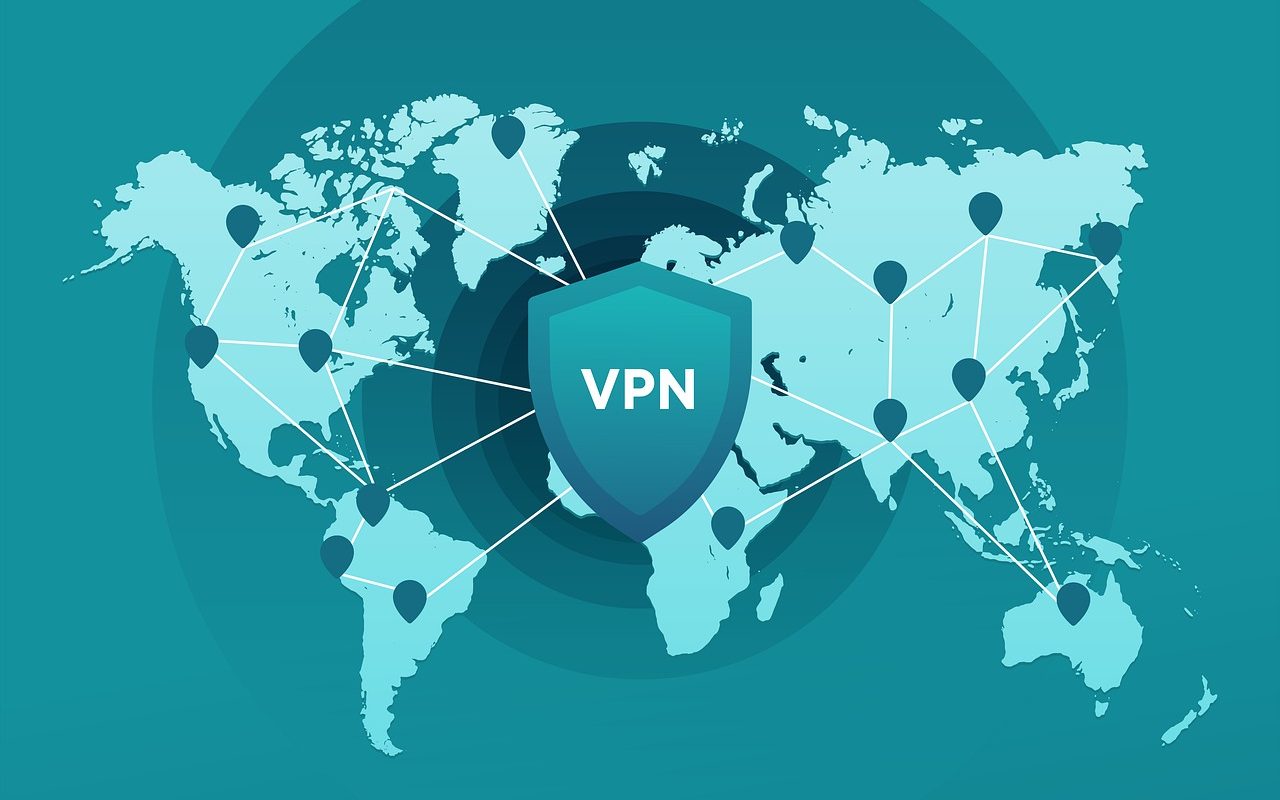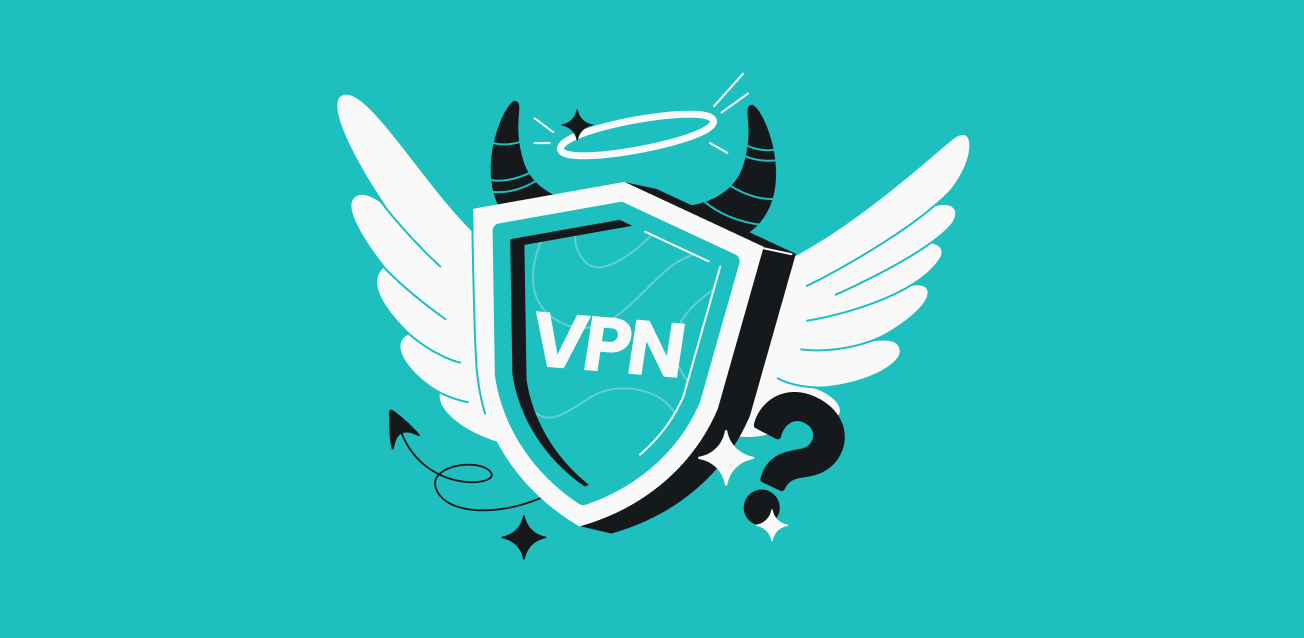In an era where digital footprints are constantly tracked and personal data has become a valuable commodity, protecting your online privacy has never been more critical. Every click, search, and online transaction leaves traces that can be monitored by internet service providers, advertisers, hackers, and even government agencies. Virtual Private Networks (VPNs) have emerged as one of the most effective tools for reclaiming your digital privacy and securing your online activities.
A VPN creates a secure, encrypted tunnel between your device and the internet, fundamentally changing how your data travels across the web. When you connect to a VPN, your internet traffic is routed through remote servers operated by the VPN provider, making it nearly impossible for third parties to intercept or monitor your online activities. This technology transforms your vulnerable internet connection into a fortress of privacy, ensuring that your sensitive information remains protected from prying eyes.
The importance of VPN protection extends beyond simple privacy concerns. With cybercrime on the rise and data breaches becoming increasingly common, VPNs serve as a crucial defense mechanism against various online threats. Whether you’re working remotely, shopping online, or simply browsing social media, a VPN provides the security layer necessary to navigate the digital world safely and anonymously.
Data Encryption: Your First Line of Defense
The cornerstone of VPN privacy protection lies in robust data encryption. VPNs employ advanced encryption protocols such as OpenVPN, L2TP/IPSec, IKEv2, and WireGuard to scramble your internet traffic, making it unreadable to anyone who might intercept it. This encryption process transforms your sensitive data—including passwords, credit card numbers, personal messages, and browsing history—into an indecipherable code that only authorized parties can decode.
Even if cybercriminals manage to intercept your data transmission, the encryption ensures that your information remains completely useless to them. This protection is particularly crucial when handling sensitive activities like online banking, shopping, or accessing work-related documents, where data breaches could have severe financial and personal consequences.
IP Address Masking and Anonymous Browsing

One of the most powerful privacy features of VPNs is their ability to mask your real IP address and replace it with the IP address of the VPN server. Your IP address serves as a unique identifier that reveals your approximate location and can be used to track your online activities across different websites and services.
By hiding your true IP address, VPNs make it extremely difficult for websites, advertisers, and malicious entities to track your browsing patterns or build detailed profiles of your online behavior. This anonymity extends to preventing your internet service provider from monitoring and potentially selling your browsing data to third parties, ensuring that your online activities remain truly private.
Protection on Public Wi-Fi Networks
Public Wi-Fi networks in cafes, airports, hotels, and shopping centers pose significant security risks to users. These networks are often unsecured and can be easily exploited by cybercriminals to intercept personal data, steal login credentials, or launch man-in-the-middle attacks.
VPNs provide essential protection when using public Wi-Fi by creating a secure tunnel that encrypts all data transmission between your device and the internet. This encryption ensures that even if hackers are monitoring the network, they cannot access your personal information, passwords, or sensitive data, making any public Wi-Fi network as secure as your private home connection.
Bypassing ISP Tracking and Throttling
Internet Service Providers have the ability to monitor all your online activities, including the websites you visit, the content you stream, and the data you download. This information can be used for bandwidth throttling, where ISPs deliberately slow down your connection for certain activities like streaming or torrenting, or sold to advertisers for targeted marketing purposes.
VPNs prevent ISP tracking by encrypting your internet traffic and routing it through VPN servers, making it impossible for your ISP to see what you’re doing online. This protection not only preserves your privacy but can also help you avoid bandwidth throttling and maintain consistent internet speeds for all your online activities.




